The Igigi – A generation of godly beings that served the Anunnaki before us. In an attempt to rebell, they were cast aside by their masters and replaced by a younger, more obedient species – the humans.
Of all species on Earth, the Homo sapiens sapiens is (arguably?) the most evolved of all and it’s on a perpetual rate and with great velocity. In the last 50 years, we made an astonishingly progress compared to the last 5,000 years that passed. Nature stagnated around us as we evolved fiercely, with a titanic greed to reach a state of superiority that we craved for millennia.
Humanity’s neverending quest for gaining greater knowledge seems to be driven by an ancestral and visceral desire to overcome our flaws. For instance, mankind’s biggest and most daring dream is to accomplish the singularity that will grant us a state of omniscience. This is an achievement for godhood.
This ever increasing behavior may be caused by the fact that we are nothing but a race of slaves, genetically engineered to be efficient in labor and nothing more. But we were not the first to be created in a higher being’s own image and likeness.
The Anunnaki are an ancient extraterrestrial race responsible for the genesis of the human race, and this was no act of kindness, like we are told in the Bible. Instead we were shaped and born to serve as labor force. And so were the Igigi, those who turn and see, a younger generation of Ancient Astronaut Gods, lesser beings and servants of the Anunnaki, who spent their days on Earth mining for atomic gold, so much needed by the Anunnaki.
Though it is improper to name the Anunnaki and the Igigi gods, this is an easier approach to narrow down their extremely advanced alien nature. Set side by side, the Norse gods in the Viking culture could actually be superintelligent life forms that came down to earth in those lands, and in their primitiveness, the Vikings considered them gods, not aliens, since such a concept would be unconceivable to the human civilization of those ages.
It is unsettled which gods belonged to the Igigi, only one strong suggestion being made referring to the patron god of the city of Babylon, Marduk. The Igigi term is coined to ease the innuendo towards the Semitic origins that indicates the group of gods in the Mesopotamian pantheon.
It is certain that the Igigi started a rebellion against their masters, in an attempt to oust the dictatorship of Enlil. Finally, the Igigi were vanquished and replaced with a more obedient race, the humans.
An example of the crushing labour the Igigi endured is depicted in the myth of Atrahasis, the Babylonian equivalent of Noah’s Flood):
“When the gods, man-like, bore the labor, carried the load,
The gods’ load was great, the toil grievous, the trouble excessive.
The great Anunnaki, the Seven, were making the Igigi undertake the toil.”
A more likely hypothesis is that the Igigi were not far from the godhood state of the Anunnaki, having kept an ordinary orbit while gathering any natural resource they considered helpful, following the transportation of minerals and precious metals to Nibiru – the home planet of the Anunnaki.
Some ancient texts sustain the existence of the Igigi, describing them as superior cosmic beings so evolved in every way, that any living creature at least one step behind their level of supremacy was of little significance, if any whatsoever.
Despite their almost heavenly traits, the Igigi were after all only slaves who were given enough power to serve their purpose efficiently, and had mistakenly believed they could rise up against their oppressive masters and break free from their chains. Like most other revolutions on Earth, it ended with the defeat of the freedom-hungry. After disposing themselves of the Igigi, the Anunnaki continued splicing and altering their genes until some 400,000 years ago , when they came up with the perfect slave: man.
Sources:
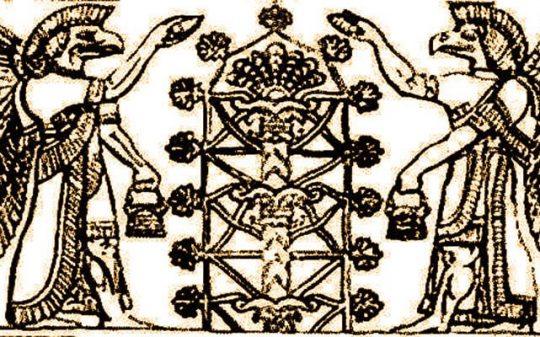


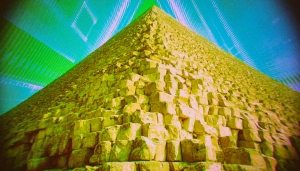

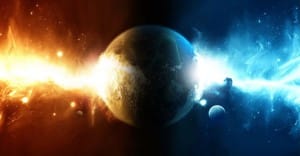
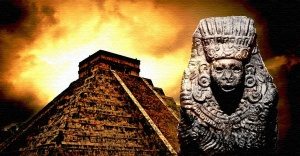


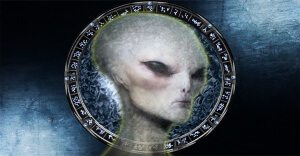

Liars